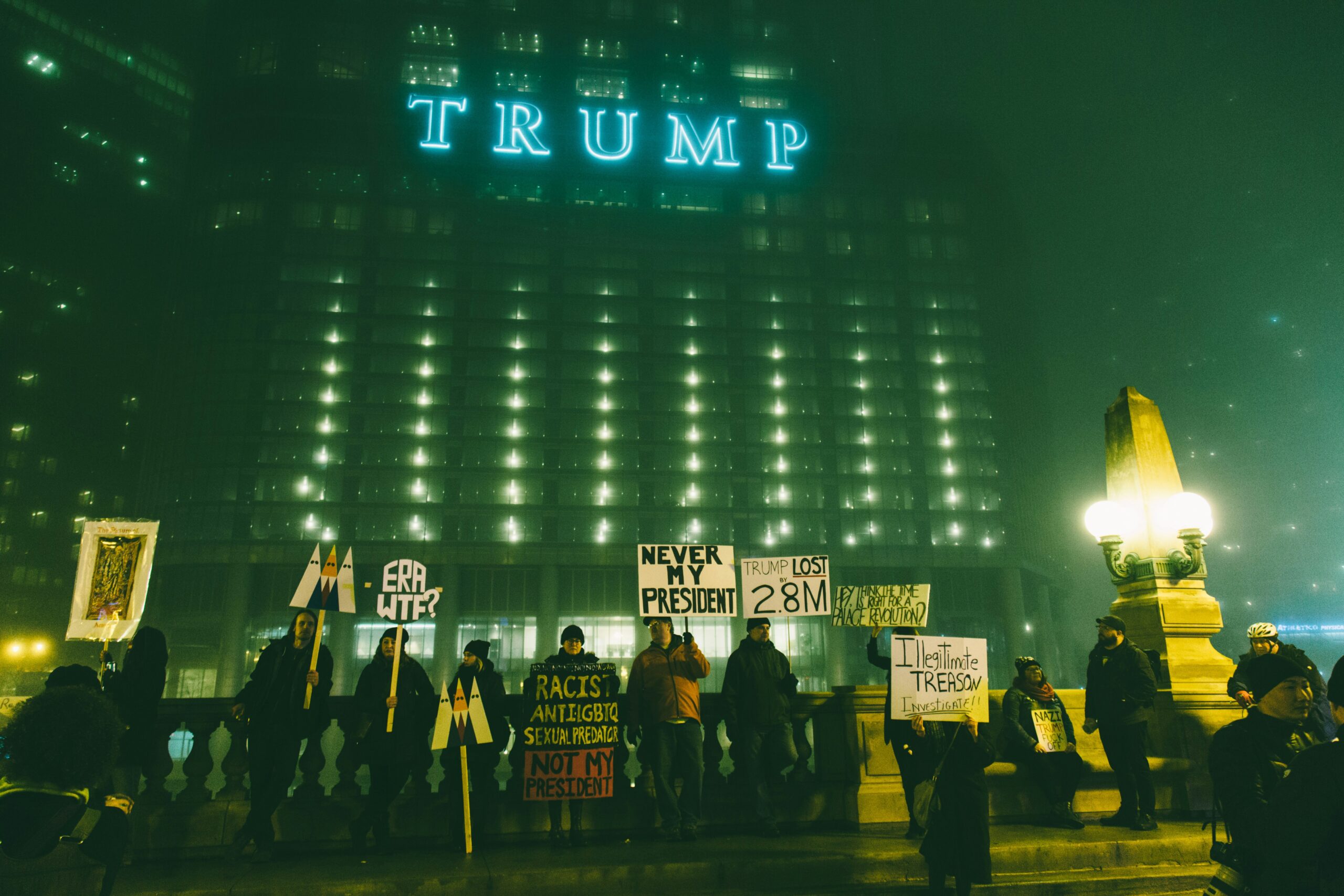
Key Highlights
- Donald Trump’s energy policies pushed hard for fossil fuels and less regulation.
- The Trump administration removed many environmental rules to increase energy production in the U.S.
- Trump’s view on climate change and his exit from the Paris Agreement received backlash from around the world.
- People are still debating the long-term effects of Trump’s energy policies on the environment and the U.S.’s role in climate efforts.
- The Biden administration has undone a lot of Trump’s energy policies. They now focus on renewable energy and taking action on climate change.
Introduction
Former President Donald Trump, the 45th President of the United States, had a significant impact on U.S. energy policy during his tenure. His policies and regulatory changes influenced the energy sector’s direction, balancing fossil fuels and renewable energy initiatives. Understanding Trump’s approach is crucial to grasp the shifts in the nation’s energy landscape. Let’s delve deeper into the role Former President Donald Trump played in shaping U.S. energy policies during his presidency.
The Role of Donald Trump in Shaping U.S. Energy Policy
During his presidency, Donald Trump significantly influenced U.S. energy policy through a series of strategic decisions and regulatory changes. Trump’s administration, in contrast to the Democrats, prioritized promoting the use of fossil fuels, supporting the expansion of domestic energy production, and rolling back environmental regulations to boost the energy sector. His emphasis on energy independence and deregulation had a notable impact on the industry’s trajectory, sparking debates and discussions about the balance between economic growth and environmental concerns. Trump’s approach to energy policy continues to resonate even after his term in office.
Trump’s Policies on Fossil Fuels and Renewable Energy
The Trump administration put a strong focus on fossil fuels. They believed fossil fuels were important for energy independence and improving the economy. This is shown by actions like speeding up pipeline approval, relaxing rules on methane emissions, and withdrawing from the Paris Agreement.
The administration didn’t attack renewable energy directly. However, their focus on fossil fuels and less regulation made it harder for renewable energy to grow. For instance, tariffs on imported solar panels slowed down the solar industry.
Still, renewable energy kept growing during Trump’s time in office. This growth was thanks to market forces and state policies. It showed that renewable energy sources were becoming more competitive, even when policies mostly supported fossil fuels.
Regulatory Changes and Their Impact on the Energy Sector
President Donald Trump’s energy policy focused a lot on reducing government rules. He wanted to lessen what he thought was too much interference in the energy industry. His administration took away many regulations from the Obama era, including significant changes announced in June. This included rules on power plant emissions, fuel efficiency, and methane leaks. Trump believed these rules limited economic growth.
The reaction to these changes was mixed. Most people in the fossil fuel industry were happy, but environmental groups worried about damage to the environment. These changes also led to many legal challenges, causing confusion for businesses and investors.
We still do not know the full effect of rolling back these regulations on the environment and public health. However, these actions marked a big change in U.S. environmental policy, putting energy production before protecting the environment.
Conclusion
In conclusion, Donald Trump’s time as president changed U.S. energy policy a lot. He focused on reducing regulations and supported fossil fuels instead of renewable energy. His actions changed rules that impacted the energy sector and affected our economy and global energy markets. There were also changes in the approach to climate change during his time in office. The effects of Trump’s energy policies still play a role in talks about protecting the environment and ensuring energy sustainability. For more insights on this topic, check out our frequently asked questions section.
Frequently Asked Questions
How did Trump’s presidency affect the U.S. stance on climate change?
President Trump’s doubts about climate change and his choice to pull the U.S. out of the Paris Agreement made the U.S. role on climate issues much weaker. This showed a pullback from global climate efforts and got criticism from countries around the world.
What were the key energy policies introduced by Trump?
The Trump administration worked hard to boost energy made in the country. They aimed to reduce rules for the oil and gas industry. They also tried to help the coal industry, which was having a tough time. At the same time, they promoted “energy independence.”
How have Trump’s energy policies influenced the U.S. economy and global energy markets?
Trump’s energy policies focused on trade tariffs and reducing regulations. These were meant to help the U.S. economy and reach energy independence. But, the effects of these policies on global energy markets and their long-term impacts on the economy are complicated and debated.
